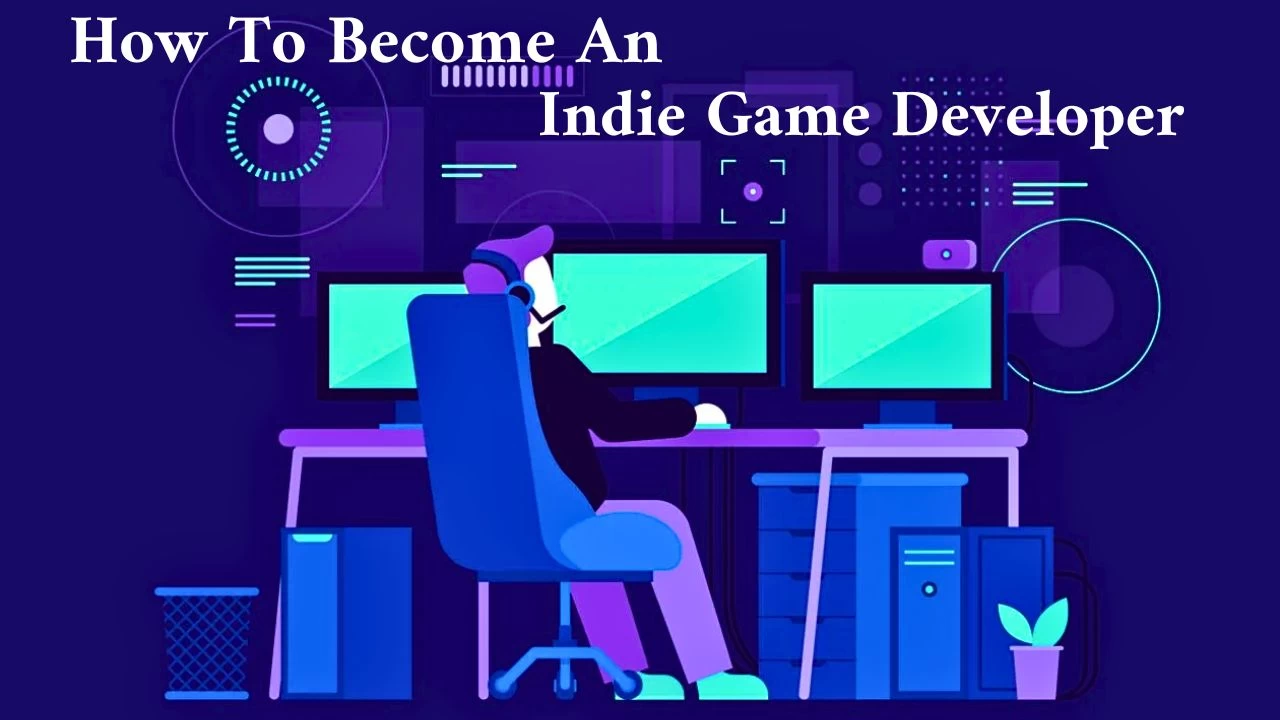How To Become An Indie Game Developer

Have you ever dreamt of creating your own video game? Imagine bringing your ideas to life, captivating players around the world, and potentially making a mark in the gaming industry. The path to becoming an indie game developer may seem mysterious, but the exciting truth is that you can forge your own way just like legendary developers before you. In this article, we'll break down the steps to kickstart your indie game development adventure, even if you're starting from scratch.
Minecraft: A Tale of Indie Triumph:
We begin with a legendary example - Minecraft. A simple weekend project turned into a billion-dollar sensation for Markus "Notch" Persson. In 2009, he unleashed his creation online, and it grew into an international phenomenon. The lesson? Your indie game dreams can turn into reality with dedication and innovation.
The Power of Teamwork:
Times have changed since Minecraft's inception. Successful indie games are now born from collaborative efforts. From art to marketing, you can't do it all alone. Learn from JP of Insular Games - expertise in various areas is crucial for a game's success. Assemble a talented team to cover different aspects and multiply your chances of hitting the mark.
Choosing Your Path to Indie Stardom:
Three routes await you:
God-Level: Master your game-making skills, promote your game fervently, and potentially make it big on platforms like Steam.
Expert-Level: Gain experience by working for a studio, and create your game during weekends while still earning.
Hard-Level: Join forces with friends or a profitable studio, collaboratively crafting games that gather loyal followings.
Embracing the Rollercoaster Ride:
Indie game development is a rollercoaster, both financially and mentally. Earning $5,000 might seem fantastic, but it's essential to plan wisely. Explore financing options and draft a business plan to avoid unnecessary stress.
2D vs. 3D: Picking Your Battlefield:
Deciding between 2D and 3D game development is pivotal. While 2D may seem simpler, it has its own challenges. Don't let 3D scare you off - online resources can support your journey. Many successful indies utilize pre-made assets to speed up development and cut costs.
Unleashing Creativity with Game Engines:
Unreal Engine and Unity are your best friends. These powerful tools help you create, design, and run your game. Choose the one that aligns with your vision and start creating. Both Unity and Unreal offer free, high-quality tutorials for budding game creators.
Coding Your Way to Success:
Coding is the backbone of game development. While there's no "bad" language, learning C++, C#, Python, or Java can be a game-changer. If in doubt, go with C++. It's versatile and serves as a foundation for other languages.
Educational Ascent:
Wondering if education is necessary? Enrolling in animation or game development courses can provide a solid foundation. Broaden your knowledge and sharpen your skills to stand out in the indie game world.
Lessons from Game Development Education:
Studying game development equips you with essential skills, including:
Crafting captivating game designs
Understanding successful indie game elements
Mastering game engines for seamless gameplay
Unleashing your artistic prowess
Crafting compelling storylines
Nailing the perfect sound effects
Sculpting level design and consistency
Navigating the business world and marketing strategies
Conclusion:
Embarking on an indie game development journey is a thrilling adventure. It's a path filled with challenges, teamwork, and the potential for incredible success. Remember, the road leading to releasing your own game is long and sometimes bumpy, but the feeling of accomplishment is beyond compare. As the team at Knocktwice Games experienced with their game "Good Goliath," the reward is worth every effort. Get ready to dive into the world of indie game development, where creativity knows no bounds and your dreams can become a reality.
Download How To Become An Indie Game Developer Links:
Users of Guests are not allowed to comment this publication.
